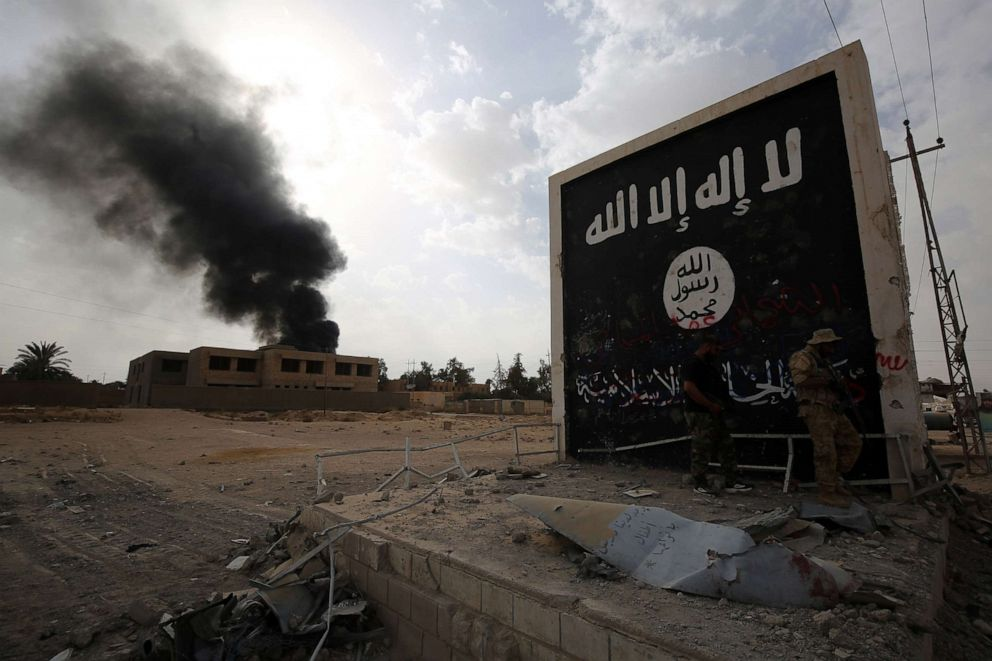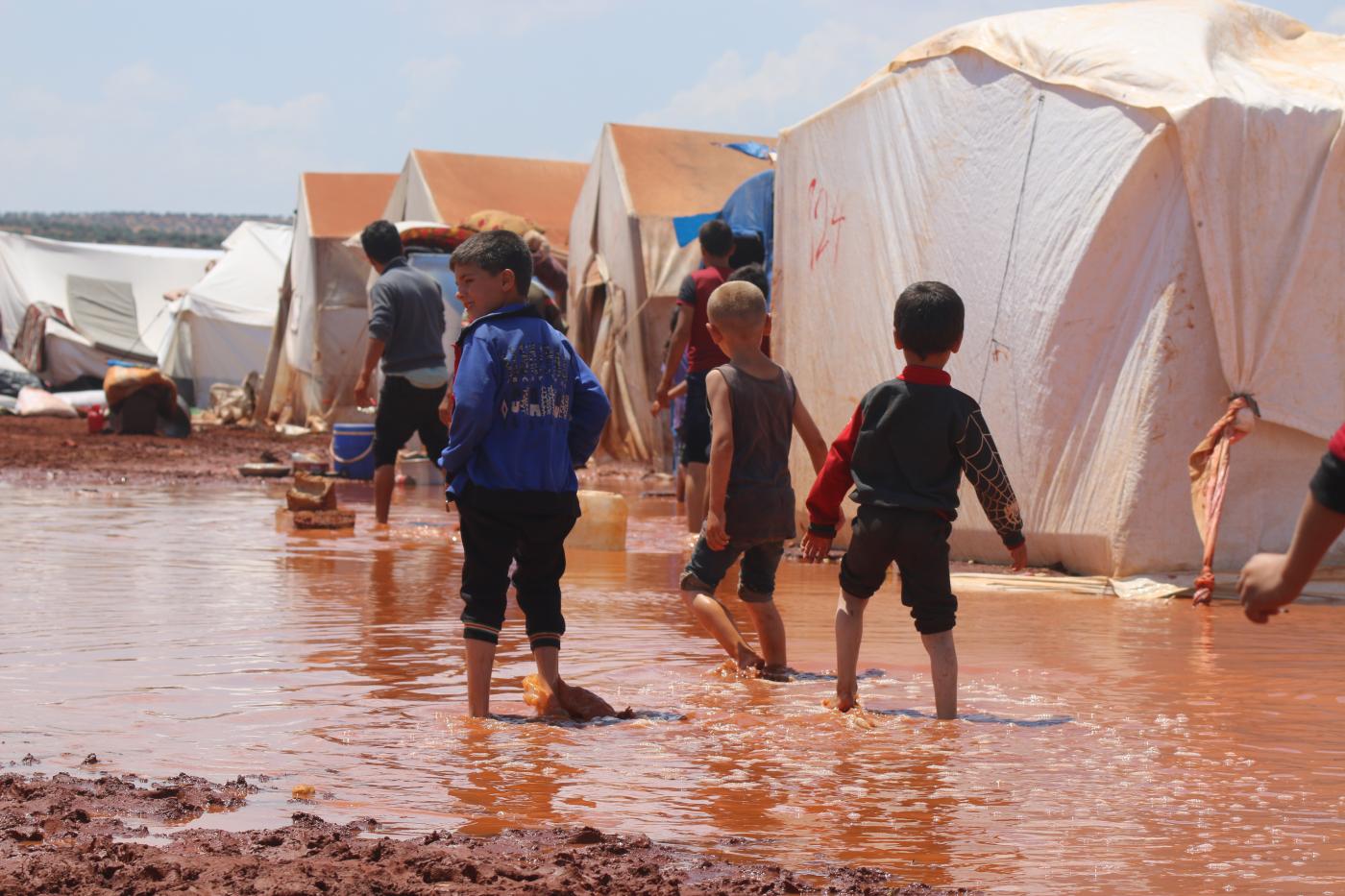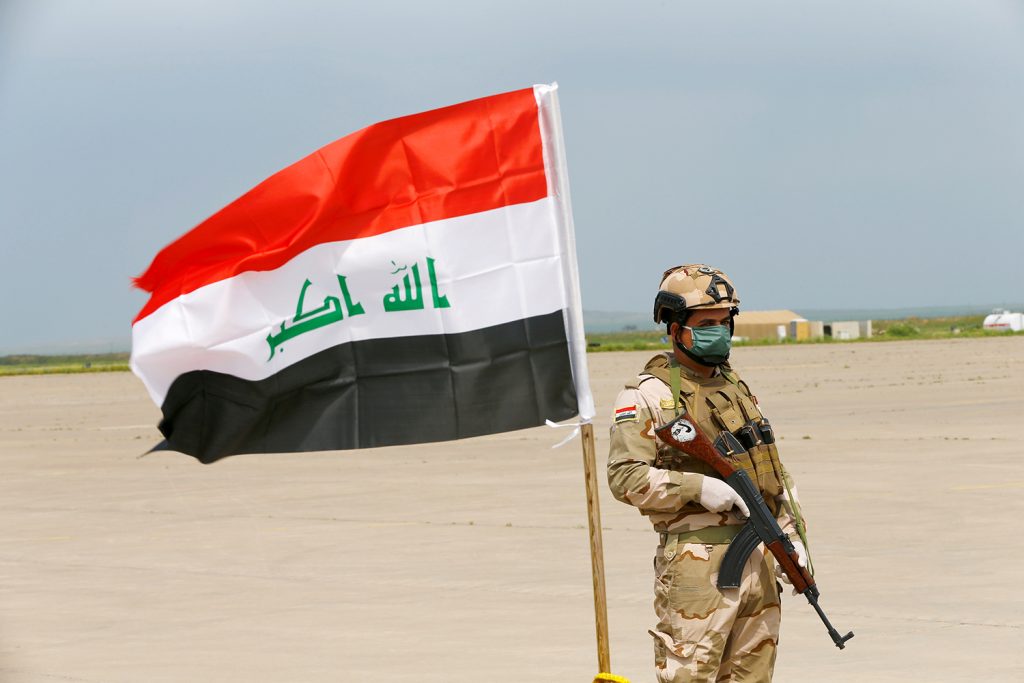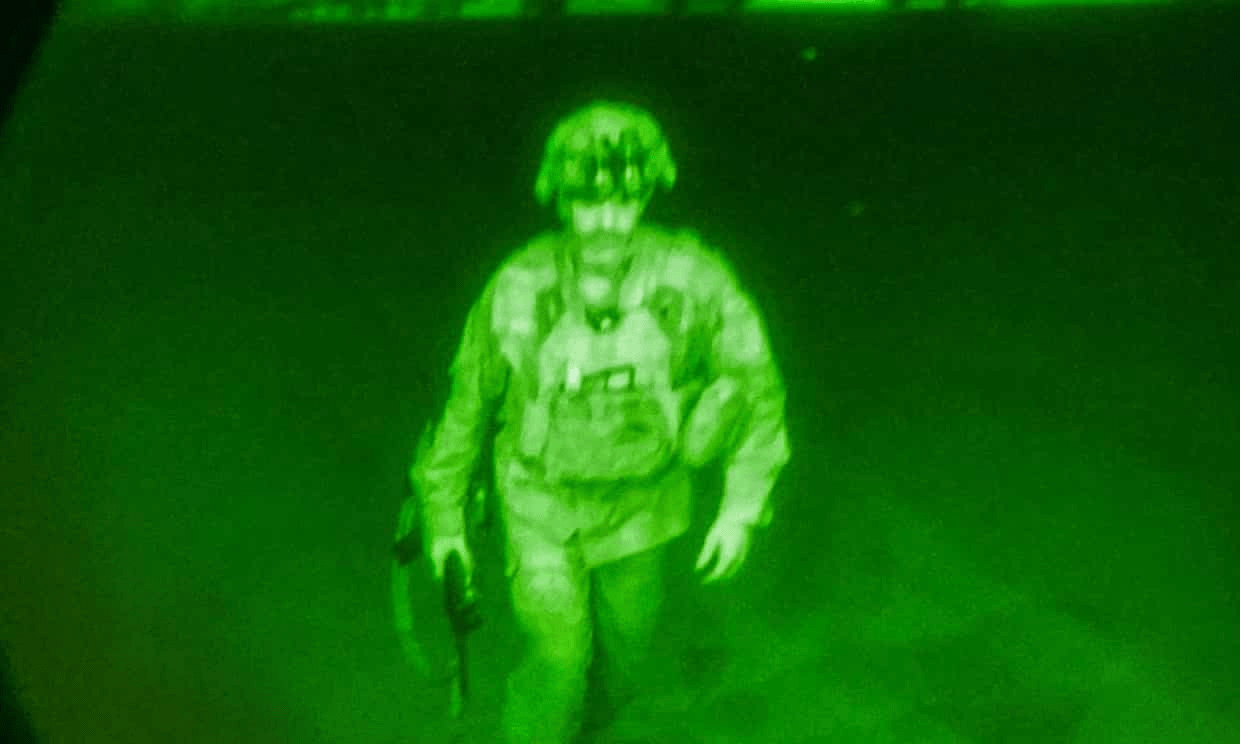At its peak in 2014, the black flags of the Islamic State flew over 100,000 square kilometers in Iraq and Syria, becoming the principal target for the US’ “War on Terror.” Never before in recent history had an insurgent group taken control of such a large area and subjugated a population of more than eight million people.
With a revenue of hundreds of millions, ISIS was more than capable of outcompeting local governments. More than just occupy, the Islamic State began to govern within its territorial holdings. Clean water and reliable electricity reached cities where it had been previously sparse or nonexistent. Law and order returned to areas ravaged by war in the previous decades.
Yet, this “law and order” ultimately took the form of the Islamic State’s sadistic interpretation of Sharia law. Systematic executions, torture, and brutality became the hallmark of the group in the eyes of the West.
Five years later, the tearing down of the Islamic State’s black banners across Iraq and Syria symbolized progress in the War on Terror. The collapse of the Islamic State’s caliphate, the death of its leader Abu Bakr al-Baghdadi, and the loss of tens of thousands of its fighters has given the appearance that the Islamic State was defeated.
As of 2019, ISIS had lost all of its territory and was, on the surface, at its weakest. The US government under President Donald Trump has since touted this as a victory against the Islamic State and global terrorism as a whole.
The US State Department’s annual terror assessment, published on Wednesday, echoed these sentiments. The report reiterated the Trump administration’s claims of victory over the Islamic State, pointing to the death of al-Baghdadi and the group’s loss of territory as examples.
‘Mission not accomplished’
However, the report admitted that none of these achievements were enough to make a meaningful impact in the War on Terror.
As a whole, the government’s rhetoric surrounding the “victory” over ISIS shows a fundamental misunderstanding regarding the Islamic State and Islamist terrorism as a whole.
Believing that the war has already been won, the United States has begun to pull troops from the Middle East en masse. Meanwhile, the Islamic State is starting to lick its wounds and recover, threatening to reverse all of the progress made thus far against it.
A hollow victory
Eager to end Washington’s decades-old commitment in the Middle East, the Trump administration declared victory at the first sign of the Islamic State’s decline. At the same time, those who fought on the front lines against ISIS have warned that the loss of territory is not enough to qualify the claim.
Among those who have warned about the resurgence of the Islamic State following the withdrawal of the United States are Kurdish officials, who have seen the rise and fall of the caliphate first-hand.
“ISIS is still very much intact,” Masrour Barzani, the prime minister of Iraqi Kurdistan, told the Atlantic in an interview earlier this year. “Yes, they have lost much of their leadership. They have lost many of their capable men. But they’ve also managed to gain more experience and to recruit more people around them. So they should not be taken lightly.”
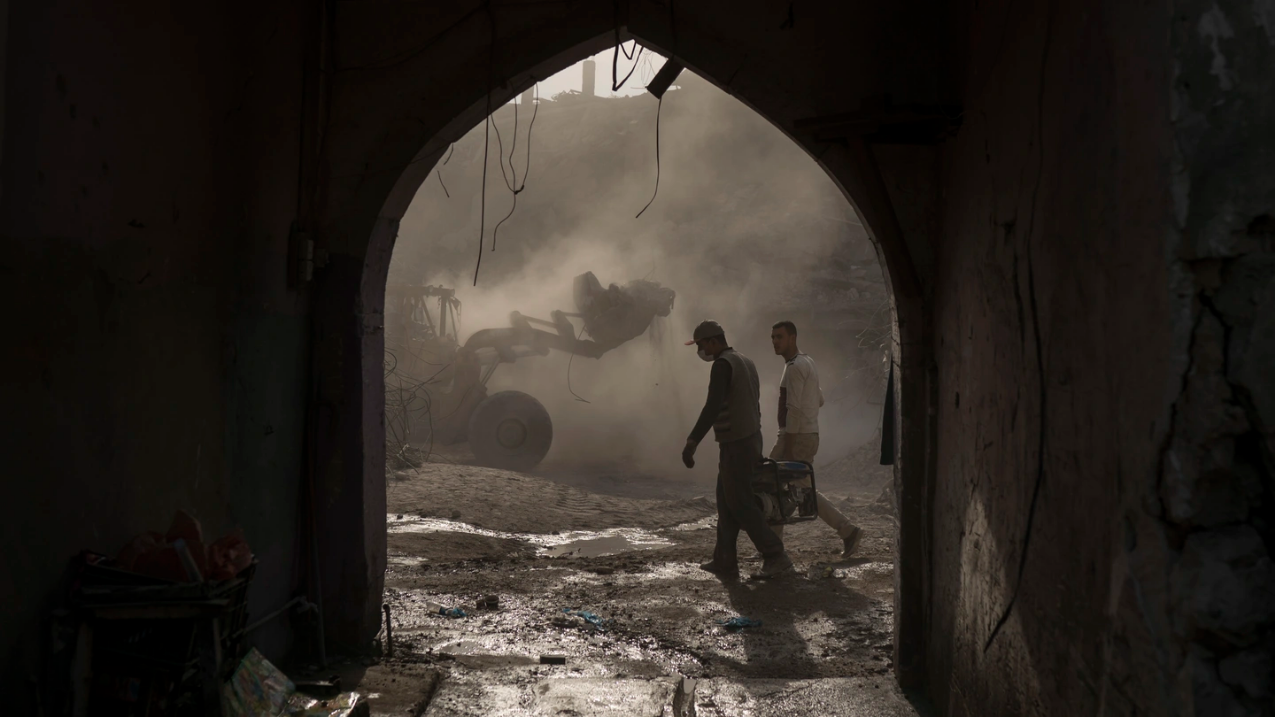
Although tens of thousands of the Islamic State’s fighters have been killed or captured since 2014, the group has retained a fighting force of between 10,000 to 20,000 troops. Prior to the outbreak of COVID-19, ISIS was still able to carry out upwards of 60 attacks per month in Iraq. With the United States out of the picture, this should only increase as the Islamic State finds itself with less opposition.
Aside from directly attacking the foot soldiers and leadership of the Islamic State, the War on Terror has involved targeting the finances of violent extremist groups. The Islamic State’s finances came primarily from internal sources, such as oil revenue and taxation, much of which disappeared as the group lost its territorial holdings.
However, although the Islamic State lost much of its income alongside its territory, the group still has access to at least $100 million, according to the most recent UN estimate. With an average terrorist attack costing a fraction of this, ISIS has no need for concern over its finances at the moment.
The Guerilla Caliphate
In the past, self-proclaimed members of the Islamic State have not relied on the caliphate to launch devastating attacks. In the West and elsewhere, terrorists with little or no affiliation to the Islamic State chain of command carried out many of the Islamic State’s most infamous attacks.
Most recently, Islamist terrorists with loose links to the ISIS carried out the 2019 Sri Lanka bombings, which killed more than 300 people. While the Islamic State inspired the attack, those involved coordinated and planned the operation without any influence from ISIS itself.
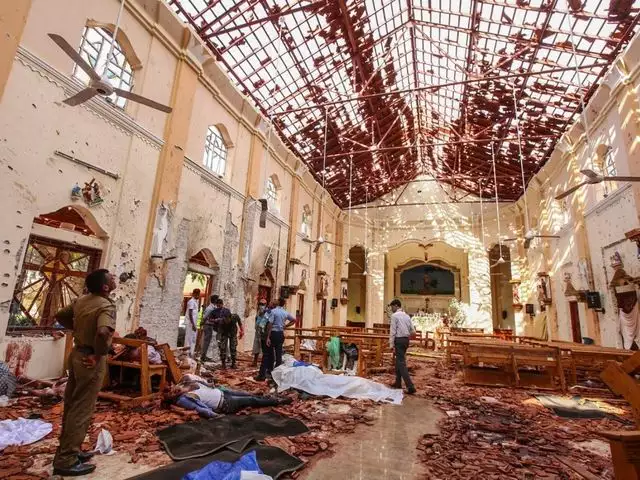
Far from an anomaly, this has become the new norm in the Islamic State’s strategy. Instead of training and deploying fighters from Iraq and Syria, the Islamic State has preferred to share information over the Internet on how to carry out individual attacks.This strategy of “leaderless resistance” has ensured that traditionally military strategies will not work against the Islamic State. Bombing campaigns and ground invasions by the West only serve as fuel to justify attacks by sympathizers on foreign soil.
Furthermore, the Islamic State’s decentralized structure lends credence to critics who argue that targeting the group’s leadership is ineffective. Experts in particular have argued that so-called “decapitation” tactics do not work.
“I don’t think taking him [al-Baghdadi] off the battlefield ends the Islamic State threat at all, especially when a lot of that threat now is based outside of Iraq and Syria,” American Enterprise Institute Resident Fellow Katherine Zimmerman said.
“If Baghdadi were still alive today, would the Islamic State in Iraq and Syria, would the Islamic State branches globally look significantly different? I don’t think so,” she added.
A Band-aid for terror
Instead of following a militaristic approach to the War on Terror, experts argue that targeting the root causes of terrorism is the only way to put an end to the Islamic State.
“We need to think about how do we play a role in getting at the disease rather than just dealing with the symptoms,” former CIA Deputy Director Michael Morell told lawmakers on Wednesday.
The State Department report addressed this as well, supporting the argument that military intervention alone cannot defeat global terrorism. In particular, the report emphasized that addressing the roots of terrorism is essential to winning the War on Terror, a sentiment supported by local officials.
“If people are jobless, if people are hopeless, if people have no security, if people have no opportunity, if there is no political stability, it’s always easy for terrorist organizations to manipulate local populations,” Barzani said. “ISIS is a by-product. So as long as these factors are still valid, there will always be either ISIS or something similar to ISIS.”
Despite the fact that the State Department acknowledges this, there has been little progress towards addressing the root causes of the emergence of the Islamic State in Iraq and Syria. Iraq is still scarred by widespread sectarianism, corruption, and poor governance. Meanwhile, the war in Syria has deprived its population of the most basic human rights.
The isolationist shift in American foreign policy since the ascension of Trump to the presidency has left Iraq and Syria vulnerable to the Islamic State’s recovery, and threatens to plunge the two countries into renewed crisis.

